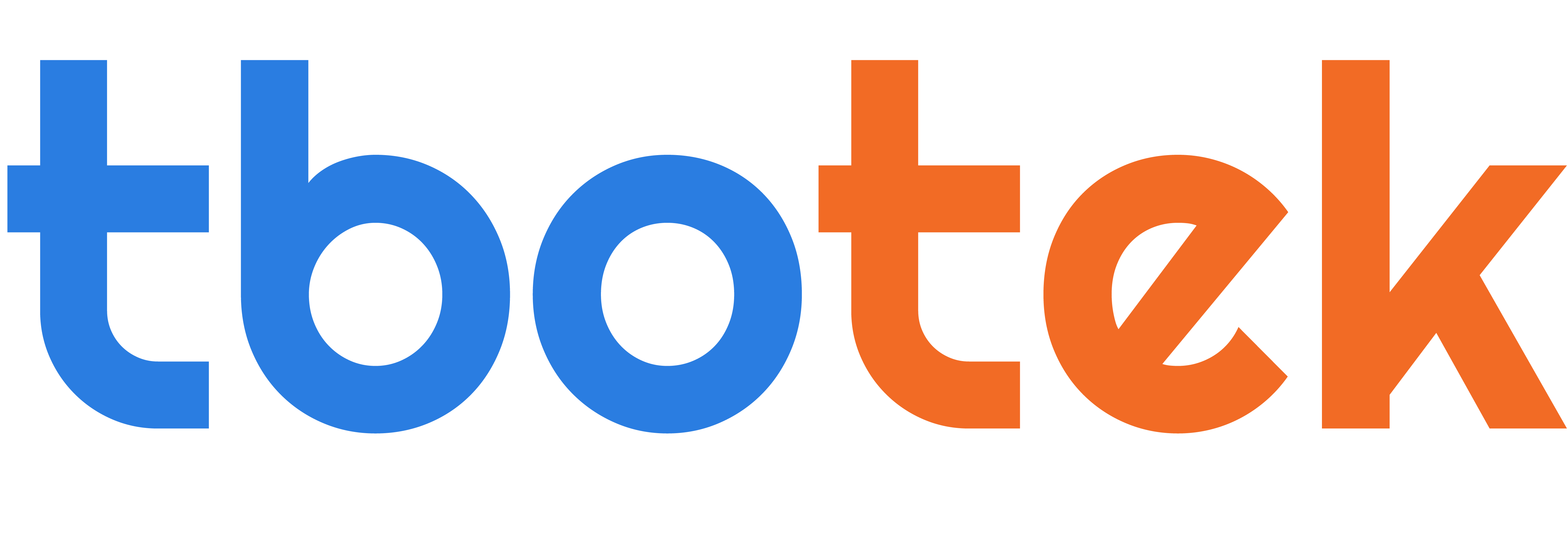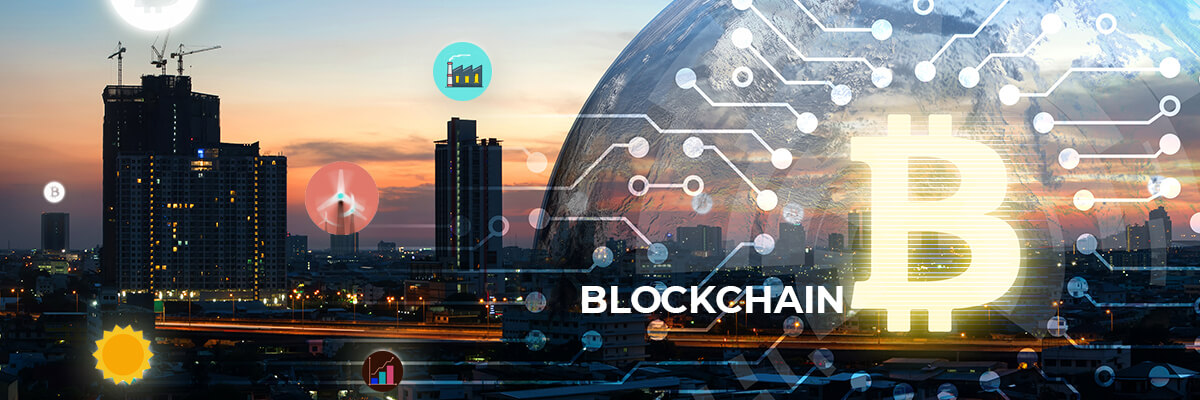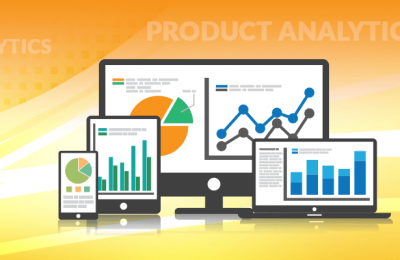Blockchain is a future defining technology, which is gradually being recognized by the Government of India and several countries worldwide. If you are new to Blockchain and want to know all about it, you have landed on the right blog. In this article, we delve deeper into what is Blockchain and understand its process, advantages, challenges, etc.
Blockchain has been a game-changing technology that is yet to realize its full potential. The exponential rise in its adoption indicates that is one of the wisest investments for all tech-based enterprises. Some of the world’s top companies with live blockchain operations are Microsoft, Amazon, J.P. Morgan, Walmart, Alibaba, PayPal, Samsung, and the Bank of China.
The Finance Secretary of India, Mr. T.V. Somanathan has also validated the Government’s recognition of this powerful and safe technology. He said, “Government of India has nothing against blockchain technology. It is an important and powerful technology. He further added RBI’s digital currency CBDC (Central Bank Digital Currency) will be based on a version of Blockchain technology.”
Are you thrilled to know about this futuristic technology that RBI will also apply in their programs? Let’s find out more!
Article Outline
- What is Blockchain
- How Blockchain works
- Applications beyond digital assets
- Blockchain in travel tech
- Benefits and challenges
1. What is Blockchain: Origin, Meaning, and Types
The concept of Blockchain was germinated way back in 1991 by two mathematicians, W. Scott Stornetta and Stuart Haber while doing their research paper. Later, Nick Szabo suggested bit gold- a blockchain-based digital payment system. But Blockchain got its global recognition with Bitcoin in 2009 after almost two decades.
Blockchain is a technology that works on a distributed database stored electronically in multiple locations. The database or information is shared through nodes of a computer network. Blockchain is available in two categories: Public Blockchain and Private Blockchain.
As the name suggests, Public Blockchains are free for all. Any person can join and create a node. At the same time, Private Blockchains are restricted to members with permission only. You need to get approval to establish the node.
2. How does Blockchain work?
Let’s understand this with an example. Imagine you run a server farm with 5000 computers. All your company’s and client’s data are stored there. You keep all your computers under one roof in a warehouse. It is a typical case of a single point of failure. If a fire breaks out; what is the worst that could happen? Or, what if there is prolonged load-shedding, theft, or hacking?
Whatever happens, your entire data is at risk.
Blockchain can provide solutions through its decentralized storage technology. You can hold a database through multiple network nodes at several locations. It creates redundancy and ensures the fidelity of the stored data against bad actors.
If anyone attempts to alter a database at one node, other nodes will not get corrupted. Even if someone tries to destroy the database, all other nodes cross-reference and conveniently highlight the corrupted information.
How is Blockchain different from the Traditional Database system?
In this section, we look at a comparative analysis of the traditional database system and Blockchain.
- The traditional database contains a single point of failure, as discussed above. Whereas Blockchain stores your data through a decentralized network and ensures the safest storage.
- Blockchain collects data in blocks with a set of information. These blocks have storage capacity; once filled, they get closed and link with the earlier filled block. It creates a chain of blocks, thus Blockchain.
- Traditional database structures the information into tables. If one table gets corrupted, the entire database becomes at risk of malpractices.
Blockchain Technology and Cryptocurrency
The first cryptocurrency, Bitcoin, was made on blockchain technology. It was referred to as “an advanced peer-to-peer electronic cash system with no centralized authority” by Satoshi Nakamoto, Bitcoin’s pseudonymous founder.
Blockchain ensures transparent maintenance and record of ledger transactions. Currently, there are more than ten thousand cryptosystems working on blockchain technology. Though blockchain technology is used mainly by cryptocurrency platforms, numerous other sectors can get an excellent outcome with the said technology.
3. Blockchain applications beyond Cryptocurrencies
- Banking and Finance: Blockchain works round the clock 365 days. It can fasten the transaction process in the multi-layered secured system. The banking and finance sector can improve its efficiency and productivity with Blockchain.
- Currency: Blockchain-enabled digital assets and currencies can work as a stable alternative for unbanked people, war-torn countries, and far-flung areas on earth.
- Healthcare: Healthcare facilities can store patients’ details and medical data with safe and secure blockchain technology.
- Property Records: Property records can be verified and stored digitally through blockchain technology. There is no need to scan and check physical files in the registrar’s office. The data can be permanently stored and easily accessible in a safe environment.
- Smart Contracts: Intelligent contracts are handy for any agreements and contracts. These are computer-generated codes for verification, facilitation, and negotiation agreements based on blockchain technology.
- Supply Chain: The food industry and FMCG sector are rapidly exploring blockchain technology to better their operations. They can track all the touchpoints and quickly pinpoint the problem areas that may have caused a delay, contamination, etc.
- Elections & Voting: Blockchain can help in devising a modern voting system. West Virginia, USA, has already tested in their local elections in November 2018 with an impressive outcome. It has the potential to eliminate vote fraud, hacking of EVMs, and improve voter participation.
4. Blockchain in the tourism industry
Here are some interesting use cases of Blockchain with Travel Technology:
a. Secure and Traceable Payments
When it comes to payments, the biggest advantage we have to mention is that payments with cryptocurrencies will be more secure and trackable. All transactions made on the blockchain are always registered on the chain and cannot be changed.
Therefore, we will no longer need to exchange money if we go abroad and at the same time be subject to the trustworthiness or instability of these foreign exchange transactions. That’s why making payments using a blockchain can make a real difference when it comes to things done overseas.
b. Luggage Tracking
Blockchain technology can be very valuable in tracking cargo/baggage movements, especially when working and traveling abroad. In most cases, the customer load changes hands several times during their trip. Using a separate database makes sharing of tracking data between companies much easier.
c. Identification/Screening Services
Screening services are very important in the tourism industry, and the blockchain may be the industry standard for storing this information. When used in this way, technology has the potential to significantly reduce access times, or lines to airports, as a simple fingerprint or retina scanner can replace hard or soft copies of the documents.
d. Hotel or Transfer Management
Decentralized management systems can also lead to significant savings for large firms as this may result in eliminating retailers. As a result, using the same token, information flows securely while being accessible at all times, reducing administrative times and providing access to general information.
e. Rewards systems
Are we talking about the end of loyalty cards? Many tourism firms create loyalty programs for their clients with the aim of turning them into repeat customers. Blockchain will simplify these processes and allow customers to check their points and, for example, exchange them for cryptocurrency
5. Blockchain Benefits & Challenges
Advantages of Blockchain
- Transparency in transactions with safe, secure, and multi-layered protection for the database
- The minimum scope for human error
- Almost impossible to tamper with information with a decentralized system
- No third-party verification saves cost.
- Provides an alternative for un-banked people in underdeveloped countries, war-torn countries, and countries with an unstable government
- Fast and secure system for banking, finance, healthcare, voting, and many more.
Limitations of Blockchain
- Blockchain for mass use needs high tech literacy. For a developing country such as India, it is a big challenge.
- High technology costs for organizations
- Not being regulated by centralized authority makes it less acceptable for general people.
- The risk of using on the dark web and for illicit activities
- Limited storage capacity and low volume of transactions
The concept of blockchain technology is a reality. There is no question of ‘if’ organizations and companies will adapt but ‘when’ they will join the bandwagon. Blockchain is being explored for several applications by Governments and Businesses globally. Crypto trading based on Blockchain is a hot topic among investors across markets. It is futuristic, safest, efficient, and accurate with some evolutionary challenges. The next decade will bring out significant developments around blockchain technology.





